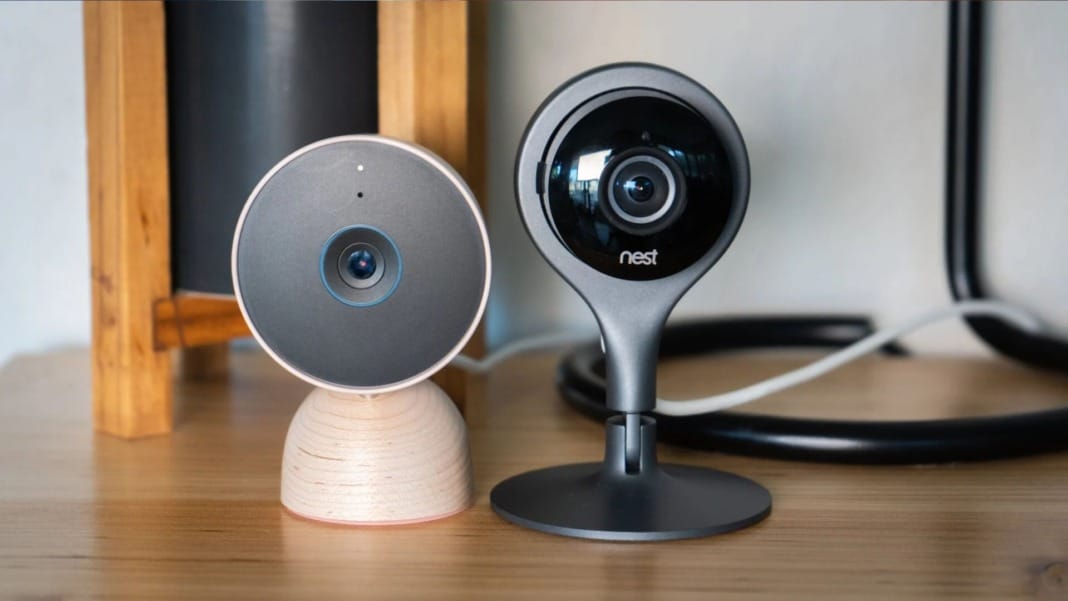Samsung is gearing up to release its highly anticipated extended reality (XR) glasses, possibly in the third quarter of 2025. This cutting-edge device, designed in collaboration with Google and Qualcomm, is expected to blend advanced technology with lightweight comfort, offering users a futuristic glimpse into smart eyewear.
A closer look at Samsung’s XR glasses
According to South Korea’s Maeil Business Newspaper, Samsung’s XR glasses will initially have a production volume of around 500,000 units. This limited run hints at a targeted launch in select markets, focusing on enthusiasts eager to experience this next-generation technology.
The glasses are expected to feature Qualcomm’s Snapdragon AR1 Gen 1 processor, previously seen in the Ray-Ban | Meta Smart Glasses. To take it further, Samsung will integrate Google’s Gemini Large Language Model (LLM), enabling artificial intelligence-powered features that enhance user interaction.
Additional highlights include an NXP auxiliary processing unit for added functionality, a 12MP Sony IMX681 CMOS image sensor for high-quality visuals, and intelligent features such as QR code recognition for seamless mobile payments. Gesture and human recognition capabilities will also be onboard, promising intuitive and user-friendly operations.
Weighing just 50 grams, the glasses are designed for comfort and pack a 155mAh battery, comparable to the lightweight Ray-Ban | Meta Smart Glasses.
Samsung’s big reveal and partnerships
Speculation suggests Samsung could tease its XR glasses at the rumoured Galaxy Unpacked event, likely scheduled for the second half of January 2025. While this event may be an early showcase, the official launch is anticipated months later.
Samsung is also expected to use this platform to highlight collaborations with major tech players like Meta and Microsoft. These partnerships aim to create a robust ecosystem for the XR glasses, paving the way for seamless integration with existing software and hardware solutions.
As the competition in the XR market intensifies, Samsung’s focus on lightweight design, AI functionality, and cross-platform partnerships could give it a strong position in this evolving space.
Looking ahead
Samsung’s entry into the XR market signifies a bold step into the future of wearable technology. With its partnership-driven approach and a blend of hardware and software innovations, the XR glasses are poised to attract early adopters and tech enthusiasts.
Suppose the January 2025 event unveils even a preview of the glasses. In that case, it will mark a pivotal moment for Samsung as it prepares to compete with other tech giants in redefining smart eyewear.





